
Generative AI (GenAI) is a branch of artificial intelligence focused on creating entirely new content—such as text, images, audio, video, and code—based on training from large datasets. Unlike traditional AI, which typically identifies patterns, automates tasks, or makes predictions, generative AI leverages advanced machine learning models, especially neural networks and large language models (LLMs), to independently generate original material in response to natural language prompts.
Key features of generative AI include:
Content Generation: GenAI can autonomously produce human-like conversations, stories, visual art, music, software code, animations, and more, without predefined templates or rules.
Learning Patterns: It identifies complex patterns and structures from vast datasets, enabling the creation of outputs that are novel, contextually relevant, and often indistinguishable from human-generated content.
Prominent Models: Popular examples include ChatGPT, Gemini, Claude, DALL-E, Midjourney, and Stable Diffusion, developed by companies like OpenAI, Google, Microsoft, Meta, and Anthropic.
Industry Applications: GenAI is transforming industries including customer service, healthcare, education, finance, entertainment, design, and software development.
Underlying Technology: Built on architectures that mimic human brain function, generative AI models are trained with massive unsupervised or semi-supervised datasets to enhance prediction and creativity capabilities.
Ethics and Impact: GenAI introduces ethical considerations such as deepfakes, misinformation, intellectual property concerns, and workforce impact, along with unprecedented opportunities for innovation.
Generative AI empowers machines to autonomously generate new and unique content by learning from existing data, revolutionizing how we interact with technology and create digital media.

Generative Bionics, an Italian spin-out from IIT, is building Physical AI–powered humanoid robots to tackle labor gaps and modernize industrial
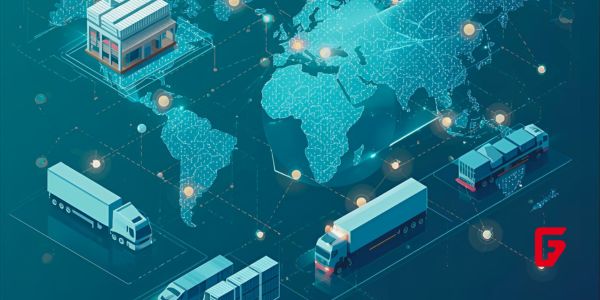
This article explores 10 AI-driven supply chain optimization companies to watch in 2026, highlighting how their platforms improve forecasting, logistics,

AWS frontier agents introduce a new era of autonomous AI coders that can build, secure, and run applications for days
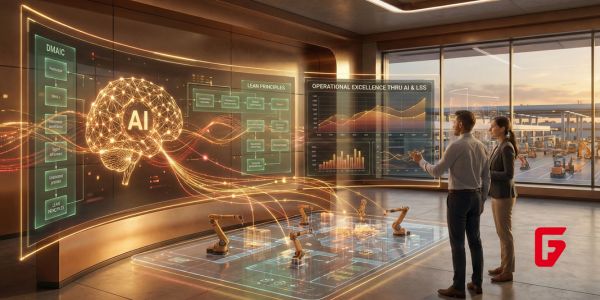
Explore the cutting-edge ways AI is enhancing Lean Six Sigma, from real-time process insights to predictive controls, ushering in a

Facing supply chain challenges in 2025? High-performing teams leverage AI for risk management, demand forecasting, supplier analytics, and end-to-end visibility
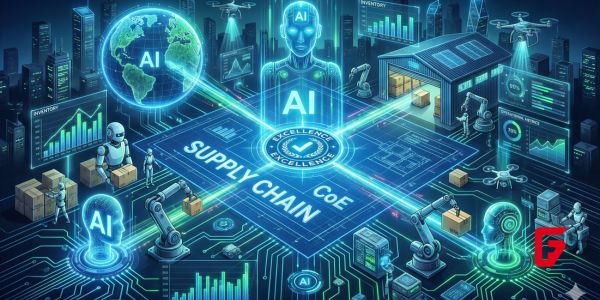
Craft an AI-powered supply chain Center of Excellence that unifies control tower visibility, analytics, and inventory optimization into one strategic
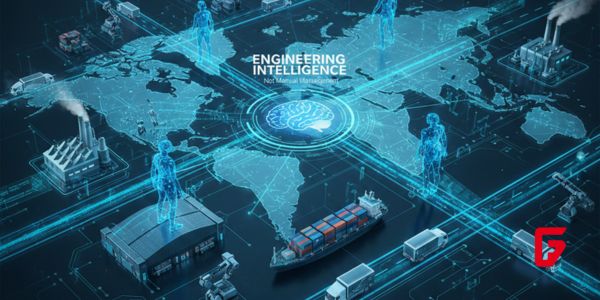
Supply chain leadership is being redefined by AI, intelligent automation, and agentic decision-making, demanding leaders who can engineer end-to-end intelligence
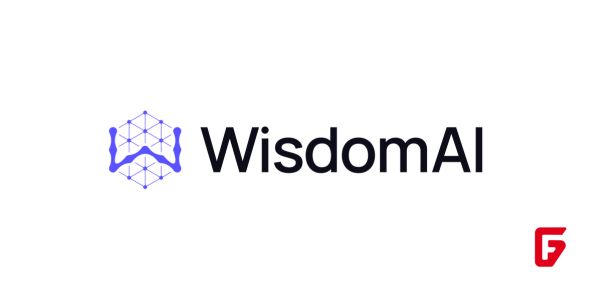
WisdomAI has closed a $50M Series A led by Kleiner Perkins and Nvidia’s NVentures to turn fragmented enterprise data into

Dutch agri-tech startup Saia Agrobotics has raised €10M to expand its greenhouse automation system using AI-powered robots that make farming

Bridgit Mendler’s Northwood Space is pioneering mass-produced ground stations, enabling scalable, high-speed connectivity for the new era of satellite networks

SpaceX aims to nearly double launches from Vandenberg in 2025, facing support from federal agencies but strong objections from the

Traditional Medicare will pilot AI-assisted prior authorization in 2026 across six states, focusing on high-risk outpatient services. Clinicians retain final